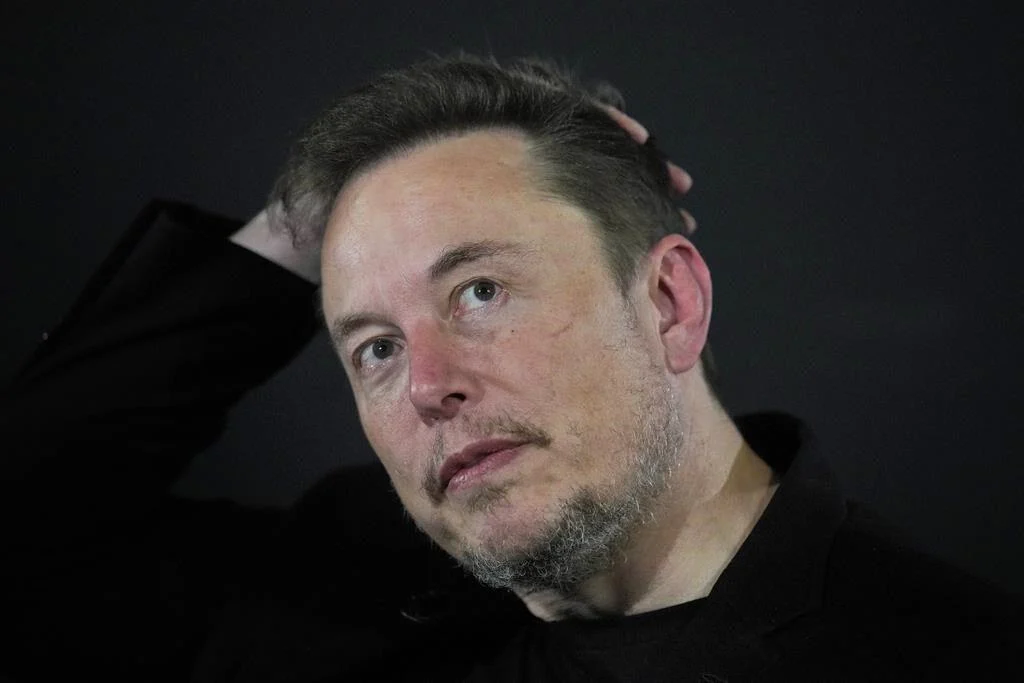
A lawsuit was filed on Thursday, Feb. 29, 2024, at San Francisco Superior Court, billionaire Musk said that when he bankrolled OpenAI's creation, he secured an agreement with Altman and Greg Brockman, the president, to keep the AI company as a non-profit that would develop technology for the benefit of the public. (AP Photo/Kirsty Wigglesworth, Pool, File)
Tesla CEO Elon Musk has filed a lawsuit against OpenAI and its CEO Sam Altman, alleging a breach of contract and a departure from OpenAI's original nonprofit mission. Musk, a founding figure in OpenAI, claims that when he invested in the company, there was an agreement to keep it nonprofit, with its technology benefiting the public. However, Musk argues that OpenAI's close ties with Microsoft have compromised this mission, turning it into a "closed-source de facto subsidiary" of the tech giant.
The lawsuit, filed in San Francisco Superior Court, contends that OpenAI's collaboration with Microsoft contradicts its original goal of developing artificial general intelligence (AGI) for the benefit of humanity. AGI refers to general-purpose AI systems that can perform tasks as well as or better than humans in various domains. The legal action accuses OpenAI of prioritizing profits for Microsoft over the broader public good.
Elon Musk is seeking legal remedies for breach of contract, breach of fiduciary duty, and unfair business practices. Additionally, he requests an injunction to prevent any entity, including Microsoft, from benefiting from OpenAI's technology. Legal experts suggest that while Musk's claims might face challenges in court, his intention could be to assert his founding role in OpenAI and its contribution to generative AI technology.
Musk, an early investor in OpenAI, played a pivotal role in its initial years, co-chairing its board alongside Sam Altman. However, he resigned from the board in 2018, citing potential conflicts of interest as he recruited AI talent for Tesla's self-driving technology. Despite his departure, Musk continued to support the nonprofit financially. The lawsuit claims that OpenAI's transformation into a for-profit entity, along with significant changes in leadership, has compromised its mission.
OpenAI, founded in 2015, gained global attention with the launch of ChatGPT in 2022, contributing to the public's fascination with AI technology. Musk's lawsuit follows the firing of Sam Altman as CEO in late 2022, a move that saw significant changes in the organization's leadership, with Microsoft playing a prominent role.
While the legal claims might face challenges in court, the lawsuit could serve as a means for Musk to establish his role in OpenAI's history and contribute to the ongoing discourse around the organization's evolution and mission. The legal action is likely to shed light on internal debates and decision-making within OpenAI, offering the public insights into the dynamics of one of the leading AI research organizations.















